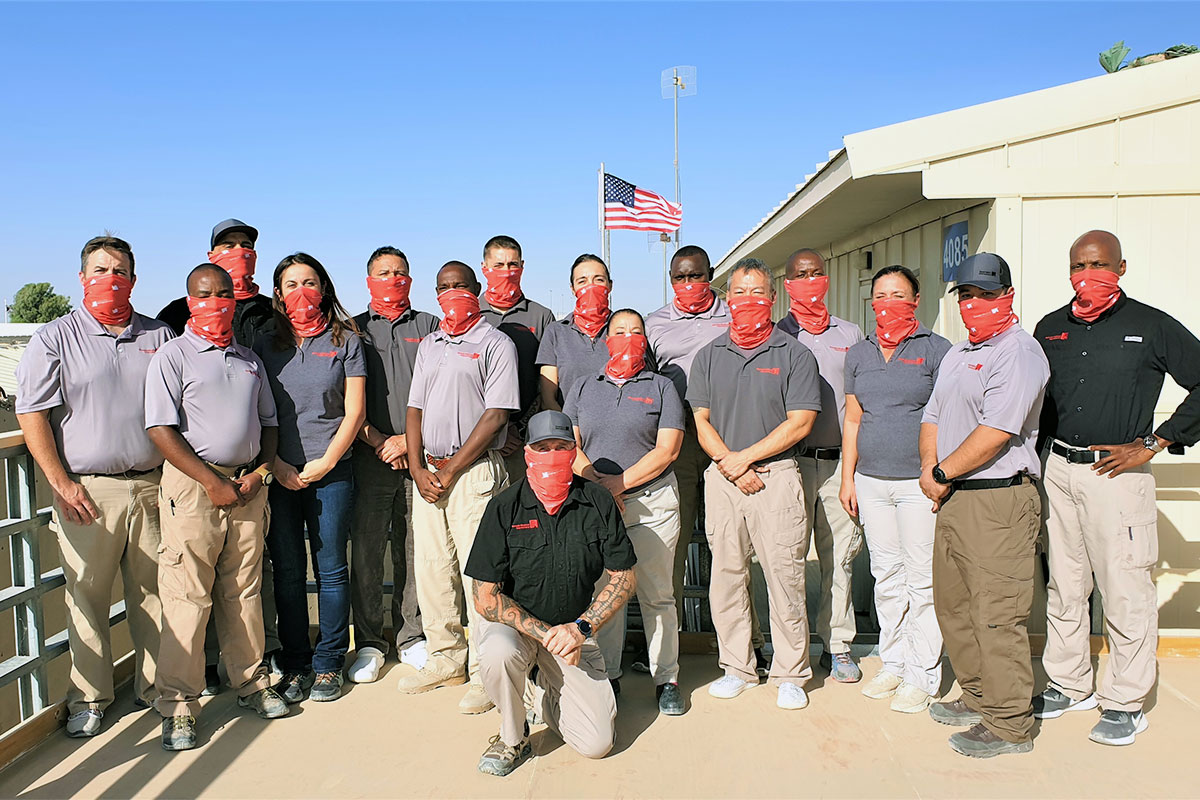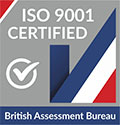I felt nothing but pure excitement when I arrived in Ohio to work as a Remote EMT. Normally, the idea of spending a significant amount of time in Ohio would not excite me at all, but working in remote emergency health care is something I have been passionate about for a long time. It could have been the quietest, sleepiest, most laid back town in the world, and I still would have been excited. As it turns out, my deployment in Ohio was not far from that description.
When I first arrived to the work site, I had visions of glory: carrying a patient on my back for miles to find definitive care, stopping a major bleed with my own t-shirt, performing a tracheotomy with a Bic pen and a sharp knife…you get the point. In reality, I was able to get some great experience with interesting cases, but the most important part of my care was a lot more simple.
For starters, there was the weather, which started to heat up near the end of my first week onsite. On July 12, the forecast called for 90 degree temperatures with 75-90% humidity. The heat index climbed close to 120 degrees, and the forecast remained consistent for ten grueling days. I had experienced extreme heat in the Middle East, but this was a totally different animal.
Pipe-liners work in any conditions, and—in this case—they endured direct sunlight with limited access to cold water or electrolytes for hydration. After a safety meeting, it was decided that I would keep a cooler in the med-truck stocked with cold water to deliver to the crews working out on the line—a water delivery service, if you will, which was not exactly the kind of glory I had envisioned, but the experience could not have been more fulfilling.
At first, the pipe-liners seemed unsure as to what I was actually doing. “What’s this?†they asked as I handed them a bottle of cold water, sweat streaming down their red faces. Red clay mud covered their thick Carhartts and long sleeve shirts.
“Water!†I said. “Drink it! It’ll help.â€
I got a few refusals but after some friendly bribery, (often with promises to return with whiskey or the like) I would get a smile, and they would graciously accept. And so it went, day after day, delivering cold water, heading back to the yard to fill my cooler, and promptly returning to the line for more deliveries.
“Thanks, Bubba!†they would say, often followed with a firm hand shake, a pat on my hardhat, and the most genuine smiles I have ever seen. The bonding experience was much like the act of breaking bread. This simple act would pay dividends for the rest of my rotation. The pipe-liners knew me. They were comfortable with me, and they knew about my family and my interests. We could stand in the middle of a corn field and talk as old friends, share a bottle of cold water, and discuss the finer points of absolutely nothing. Later, when they would come to me with a medical issue or a small ailment, there was a strong sense of respect. A bond. A friendship. They saw someone they could trust.
So, it turned out that a cold bottle of water was the best medical tool I had at my disposal. Something so simple and so often taken for granted was also something that made an otherwise sleepy deployment full of more glory than a Remote EMT could ever ask for.


